Each week this summer a Brookings expert will post related to one of the 10 traits of globally fluent metro areas. These 10 traits have proven to be particularly strong determinants of a metro area’s ability to succeed in global markets, manage the negative consequences of globalization, and better secure its desired economic future. Denver, Colorado represents t
rait 1—Leadership with a Worldview.
When local networks of business, civic, government, and philanthropic leaders come together around a common metro area vision lasting change can begin to take hold.
One only needs to visit the Denver region, as we will this week as part of the Global Cities Initiative, to see how Leadership with a Worldview—the first of 10 traits of globally fluent metro areas outlined in our upcoming report—has the greatest potential for building and sustaining a city’s global fluency.
Denver is not naturally positioned as a global city. Its inland location, hundreds of miles from a coast or international border, does not lend itself to international engagement. And a quarter century ago, following a national recession and an energy bust, Denver’s ability to compete in the global economy was very much in doubt. The region’s economic resurgence and increased global reach can be traced to its uniquely collaborative regional leadership; a story that offers three lessons for other metro leaders:
1) Know Yourself: All metros share the initial step on the path to global fluency: Evaluate the strengths and weaknesses that define their global position. Denver has been particularly intentional about measuring key drivers of its economy. The region’s economic development arm, the Metro Denver Economic Development Corporation, recently commissioned a study to identify the region’s most globally competitive industry clusters. Capitalizing on this information has helped the aerospace cluster grow significantly. Denver now ranks first among the nation’s top 50 metro areas in private aerospace employment.
2) Collaborate to Compete: A region’s worldview is rarely determined by a single actor, but rather networks of leaders across business, government, civil society, and philanthropy. Regional collaboration was instrumental in developing one of Denver’s key international assets: the Denver International Airport (DIA). As our colleagues Bruce Katz and Jennifer Bradley document in their new book, DIA was constructed only after Adams County allowed the City of Denver to annex the required land. And DIA’s new direct flights to Tokyo and Mexico City are the direct result of intensive efforts on the part of multiple stakeholders, including DIA, Metro Denver EDC, Mayor Michael Hancock, and regional business leaders.
3) See the World: Finally, an enlightened worldview can only evolve by seeing the world. Through trade missions led by the city, the state, or relevant trade organizations, both elected officials and business executives are able to visit markets abroad, see new trends, and form trading relationships that grow companies and jobs back home.
These lessons prove most valuable, even for Denver, if local leadership maintains a relevant worldview over time. While one generation of regional leadership may aggressively pursue international markets, the next may be content to manage with a more internal focus. At some point, a strong mayor or dynamic business leader may break with the path and set a new course, reinvigorating the effort. However, as Denver’s global story bears out, a collaborative local leadership network that endures beyond the tenure of individuals offers the best platform to “go global”.
The Brookings Institution is committed to quality, independence, and impact.
We are supported by a diverse array of funders. In line with our values and policies, each Brookings publication represents the sole views of its author(s).
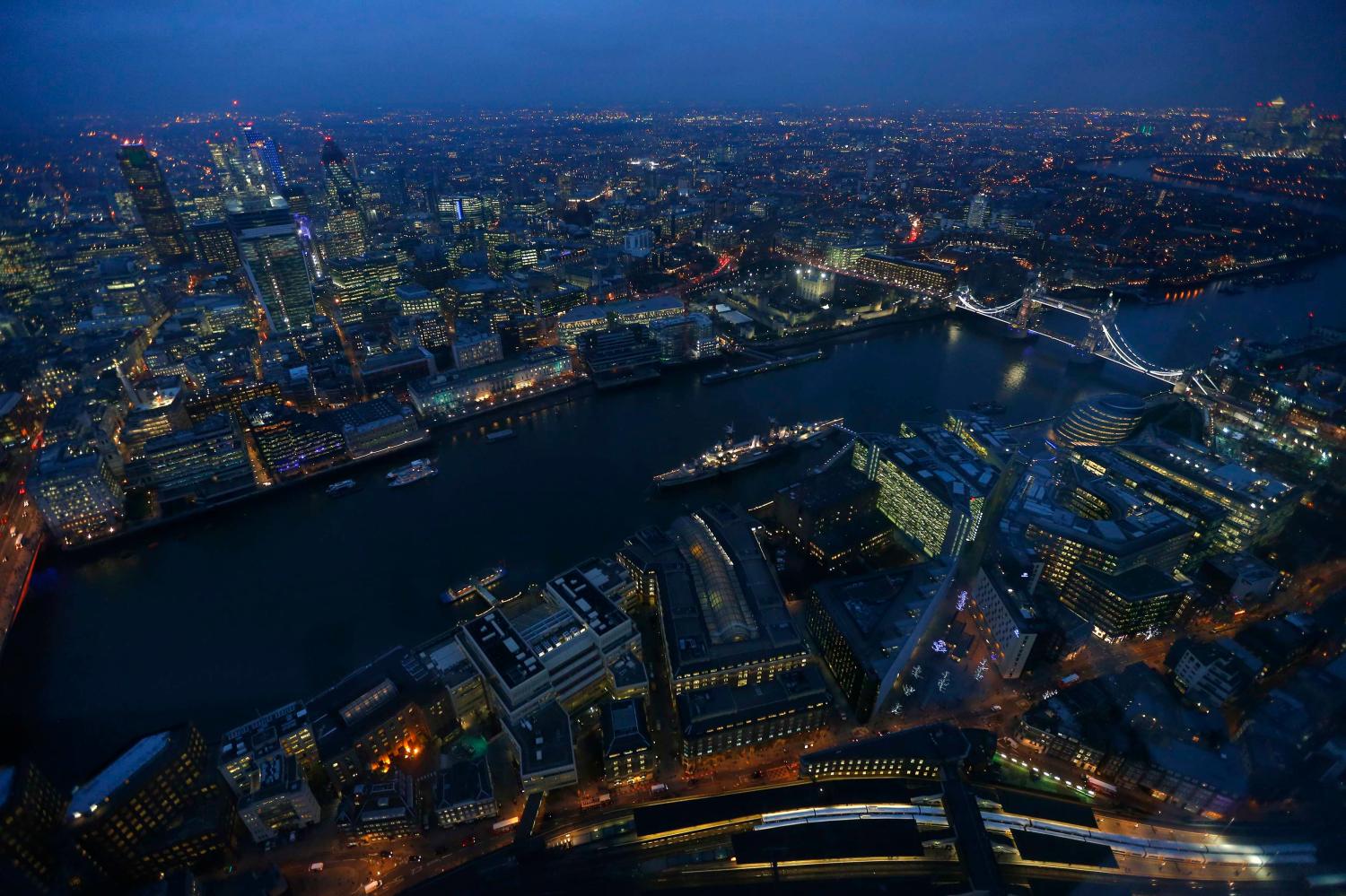
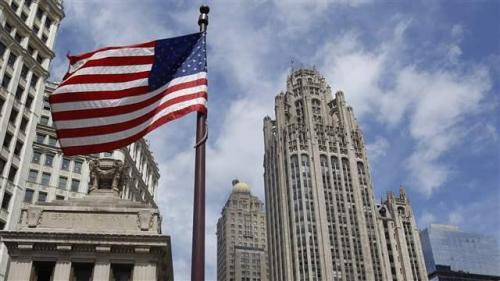


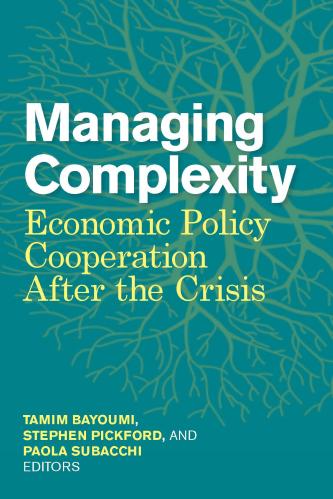
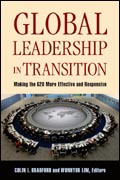
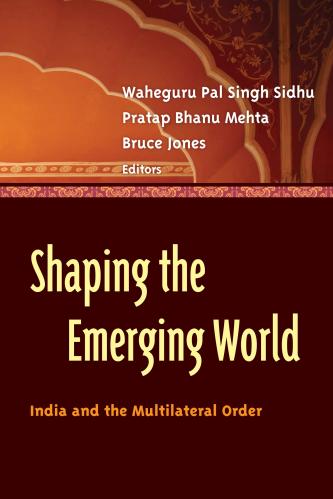





Commentary
The 10 Traits of Globally Fluent Metro Areas: Denver’s Mile High Global View
June 24, 2013